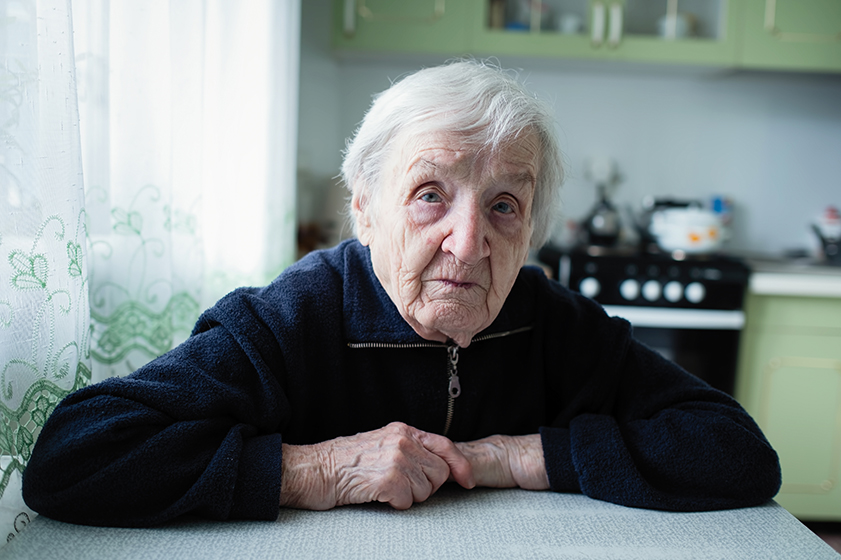To thrive and develop, human beings need social relationships. However, as individuals become older, they tend to spend more time in solitary. Being alone can make older people more susceptible to loneliness, which can have negative consequences on their wellness. Social isolation has also been linked to an increased risk of diseases such as heart ailments, anxiety, and mental decline in research. Keep reading if you want to know how to help your family member avoid social isolation.
Stay Connected
Use a video conferencing program to keep in touch with your elderly loved one if they live far away from friends and relatives. Most smartphones and laptops include cameras that enable video calls, allowing you to talk face-to-face rather than merely over the phone. You may also make group calls for the entire family to participate in. Long-distance interaction has now become much easier thanks to modern technology, making it a simple approach for elders to lessen feelings of isolation.
Involve Neighbors
As socially excluded retirees are more prone to several underlying disorders such as Alzheimer’s disease, caregivers might want to consider telling neighbors that there is a vulnerable elderly in their district.
If possible, reliable neighbors within a kilometer radius of your loved one should be acquainted, told of any specific challenges the elderly may be facing, and requested to keep a close eye out in case something appears amiss. You may also urge your family member to have a meal with their neighbors since it provides an opportunity for hosting, sharing, and conversations.
Encourage Counseling
Your parent’s psychological state may suffer as a result of social withdrawal. Since social isolation can be caused by mental health concerns such as despair or anxiousness, counseling can be beneficial whenever emotional health interferes with daily living.
For individuals who are experiencing feelings of melancholy, the professional interaction may be quite beneficial. Relating to someone who would hear them out without passing judgment may allow them to feel noticed, understood, and acknowledged, which is something that everyone requires. The therapist can talk about the causes and remedies for your loved one’s social isolation so that they can find greater family support, or from their friends, or the community.
Suggest a Pet as a Friend
Many evidence suggests that nurturing might help people feel less socially isolated. The advantages of caring for a pet are plenty. Animal owners tend to be more socially active, feel more comfortable, and are more motivated to make good use of their time. They also tend to use less medicine than non-pet parents.
Animal interaction aids in the formation of friendships, acts as a social facilitator, motivates to get out of bed every day, and acts as a conversational opener. Nevertheless, before presenting a pet as a surprise, you should make sure that mom or dad can take proper care of it. Presuming that the elderly are competent in providing for a pet, having an animal friend can be very therapeutic.
Interaction with pets, contact time with family and relatives, and access to a local support system can aid retirees in avoiding isolation and enhancing their physiological and psychological wellbeing. If you’re worried that a family member is lonely, consider the above advice on how to deal with melancholy in the aged.







